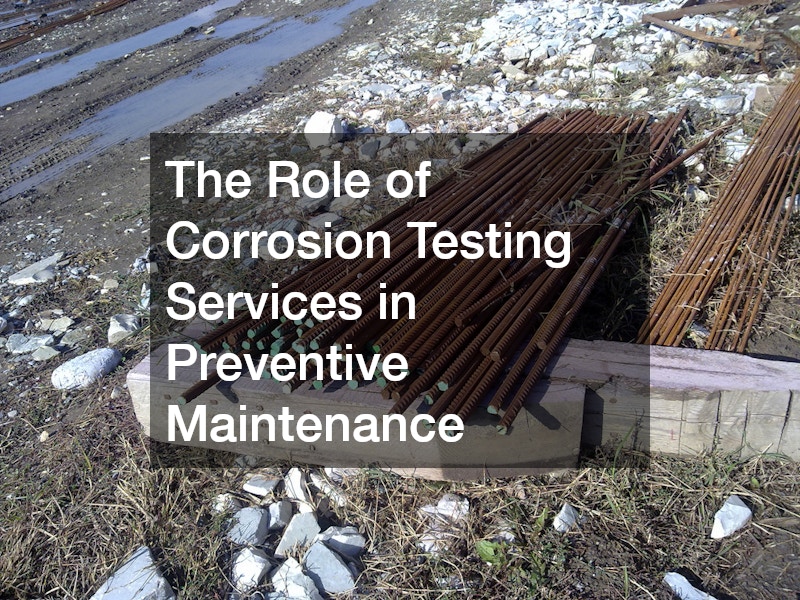
Building a successful online presence is extremely important for most businesses and entrepreneurs today, including those who work as lawyers or represent law firms. Using a small law firm SEO checklist, learn how to get your own legal services ranking within top search engines, online directories, and on various social media platforms in less time. With the right small law firm SEO checklist, streamline your ability to promote the legal services you provide and the cases you have represented in the past.

1. Consider Your Law Firm’s Purpose
The right small law firm SEO checklist will inform you to first consider your law firm’s purpose before you begin establishing a presence for yourself online. Whether you work as an antitrust lawyer, an estate lawyer, or an injury attorney, you will need to consider the purpose of your law firm and the types of cases you will be accepting and taking on. Defining a purpose for your law firm will also help you research more about local competition when learning about law firms near you as well as independent attorneys who are practicing in your city or nearby region.
2. Define Your Target Clientele
One of the most important elements of any small law firm SEO checklist should include defining your target clientele. Working as a wrongful death lawyer or a Chapter 7 bankruptcy lawyer will require you to appeal to a different set of demographics. Defining your target audience and the demographics you intend to reach with your services will help save time and reduce overall advertising costs, especially if you intend to market and promote your legal services online in any capacity.
Defining the target demographics you intend to reach will help you choose which marketing platforms or solutions are best in order to appeal to prospective clients. When you understand the age range, gender, location, and specific needs of the individuals you intend to represent, it is also much more likely that you will create a marketing campaign that genuinely resonates with those in need. Taking time to get to know your prospective clientele can go a long way when it comes to establishing yourself online and locally as a law professional or attorney.
3. Research Your Local and Regional Competition
Whether you are working as a personal injury attorney or you represent an entire firm of car accident lawyers, you will need to take the time to research your local and regional competition. Getting to know more about the local and regional competition near you when it comes to independent attorneys and thriving law firms is key to understanding which way you should approach new clients. If you are in a region where car accident attorneys are accessible everywhere, you may want to pivot your area of practice and expertise, if possible. Researching your surrounding markets and clientele is essential in order to establish a working online presence that results in the lead generation you are seeking.

4. Create an Online Presence With an Official Website
If you are serious about abiding by a small law firm SEO checklist, you will need to get started with your online presence by creating and launching an official website. Whether you are working as a will attorney or a personal injury lawyer, an official website is necessary to kickstart any online presence you are trying to cultivate. When registering your official website, do so by choosing a name that is relevant to your own or the official law firm’s name you represent.
Avoid registering a domain name that is difficult to spell or remember. Do not use hyphens or special characters, unless your law firm explicitly calls for hyphens. Even so, this may confuse visitors and make it more difficult for prospective clients to find the services you have to offer once they begin their search online.
5. Launch and Update Your Blog
Once you have an official website, you can then begin building and launching an official blog. An official blog will not only help you to provide ongoing communications to visitors, prospective clients, and current clients, but it will also help to boost your website’s overall SEO or search engine optimization. Because content is still king when it comes to building and establishing an online presence, an official blog can be one of the best tools to help boost your website’s ranking and visibility in top search engines such as Google, DuckDuckGo, Yahoo!, and Bing.
6. Develop Your Online Presence With Social Media
Using social media is another aspect of any small law firm SEO checklist that should not be underestimated. The majority of business owners and independent entrepreneurs understand the benefit of using social media today. With social media amassing billions of users and followers, cultivating an online following and boosting your website’s SEO is now easier than ever once you’ve established your own presence with the use of social media platforms such as Facebook, Twitter, and Instagram.
Developing a presence on social media will depend on the demographics you intend to reach and the type of content you are planning to share. If you want to make fun and quirky videos about the types of laws you specialize in, using a visually oriented platform such as Instagram, Pinterest, or even TikTok is highly recommended. For long-form posts and quick text updates that are useful to garner attention and new followers, taking advantage of platforms such as Facebook and Twitter is a must.
7. Remember That Content is King
When you are becoming familiar with your small law firm SEO checklist, it’s important to remember that content is king. Whether you are working to represent family attorneys or if you are working as an independent lawyer in a small town, creating useful, informative, interesting, and unique content is key and can go a long way when it comes to establishing a professional and authoritative reputation in any region or state today.
Creating a content schedule is also advisable, even if you do not plan to update your website but more than once a week. Planning content ahead of time by researching keywords, phrases, and popular trends in your market can help you stay far more relevant than any of your local or regional competition. Taking your content schedule seriously will also help to boost your website’s SEO in a shorter period of time.

8. Conduct Keyword Research Regularly
Take time to conduct keyword research regularly, even if you believe you are working in a highly niche market or industry. Keeping up with the latest keyword and phrase trends will also help you to stay ahead of your competition. You can use a variety of tools and platforms online to get started with the keyword research you intend to conduct on your own. If you are interested in getting started on your own and want to do so for free, you can use tools such as Google Trends to immerse yourself in the realm of keyword research right from home or even with the use of your own smartphone.
9. Ensure Your Website is Responsive and Mobile-Friendly
Another important element of any small law firm SEO checklist is that you must ensure your website is mobile-friendly and responsive before launching it live to the public. In order to ensure your website is responsive, mobile-friendly, and ready for public view, you may need to execute a variety of tests. Testing your website pre-launch is highly advisable regardless of the size and purpose of your website.
It is possible to test your own website by trying different browsers and accessing your website with the use of different smartphone brands, operating systems, and browser versions. However, it is also much easier to execute tests with the use of a testing platform or system online. Using a testing platform, system, or solution online will not only streamline the process of deploying actual website tests but will also provide you with the results of each individual test you launch in real-time.
10. Optimize Your Website’s Loading Speed
Anytime you are building a website, even one for your own law firm, you will need to do so by first optimizing your website’s loading speed. A website that loads too slowly may have an increased and above-average bounce rate. The bounce rate of a website is typically considered the percentage of users who enter and exit a website after viewing only the first, or landing page of the site they initially accessed.
Reducing the bounce rate of your website is possible by conducting regular speed tests. You can also update your website’s server and hosting package to increase loading speeds. Working with a site administrator can also help streamline operations in the background that you may be unaware of at the time.

11. Track and Monitor Popular Keywords and Relevant Phrases
When it comes to building the presence of law firms online, you will need to consistently track and monitor popular keywords and relevant phrases you discover. Keep in mind, that these are likely to change over time in accordance with new laws and regulations that may be put into effect, based on where you live and practice. Ongoing monitoring of keywords can also provide excellent inspiration when you are creating new pieces of content to share with your followers and current clientele.
12. Create a Newsletter
Consider launching your very own newsletter once you have built your official website and developed your social media presence. Building a newsletter that can be promoted via your blog, website, and even your social media pages is a great way to accumulate followers. Those who are genuinely interested in learning more about the area of law you specialize in as well as individuals who may be in need of legal assistance in the near future are all likely to subscribe to your newsletter if properly promoted.
13. Consistency is Key
Consistency is key if you want to succeed online, even as a law firm. In order to ensure that your law firm’s social media presence does not fade away in the algorithm, you will need to take time to update your page at least two to three times each week. This will ensure that your page remains as visible and relevant as possible based on the industry you are in and the demographics you are targeting or intend to reach.
14. Engage With Online Followers
One of the best ways to increase your visibility and engagement online is to interact with followers on your website and with the use of your social media pages. Engaging with your online followers is not only a way for you to demonstrate empathy and that there is a real person behind the law firm, but it is also a useful tool to showcase transparency. Attracting real-world clients can be challenging enough. When you are attempting to do so behind a screen, demonstrating transparency can go a long way in establishing and garnering trust.
You can also take time to answer questions regarding the area of law you specialize in without providing legal advice (or including a disclaimer) on social media or by writing new blog posts. Answering inquiries and questions will also help those who are interested in learning more about your legal services to do so before making a decision for themselves on who to retain. Establishing yourself as an authoritative figure in the industry you work in and represent can go a long way when you are seeking new referrals and leads in terms of clients. The more authoritative you appear to others, the more likely you are to receive referrals and recommendations from past and current clients.
Using a small law firm SEO checklist is one of the fastest ways to get your legal services ranking, whether you are working in family law or as a personal injury attorney. A small law firm SEO checklist will not only help you remain focused, but will also ensure you stay on track when completing tasks necessary to boost your website’s ranking and overall online visibility. The use of an SEO checklist designed with law firms in mind will allow you to stay ahead of your competition while increasing the number of visitors and leads you are able to generate with the use of top search engines today.




